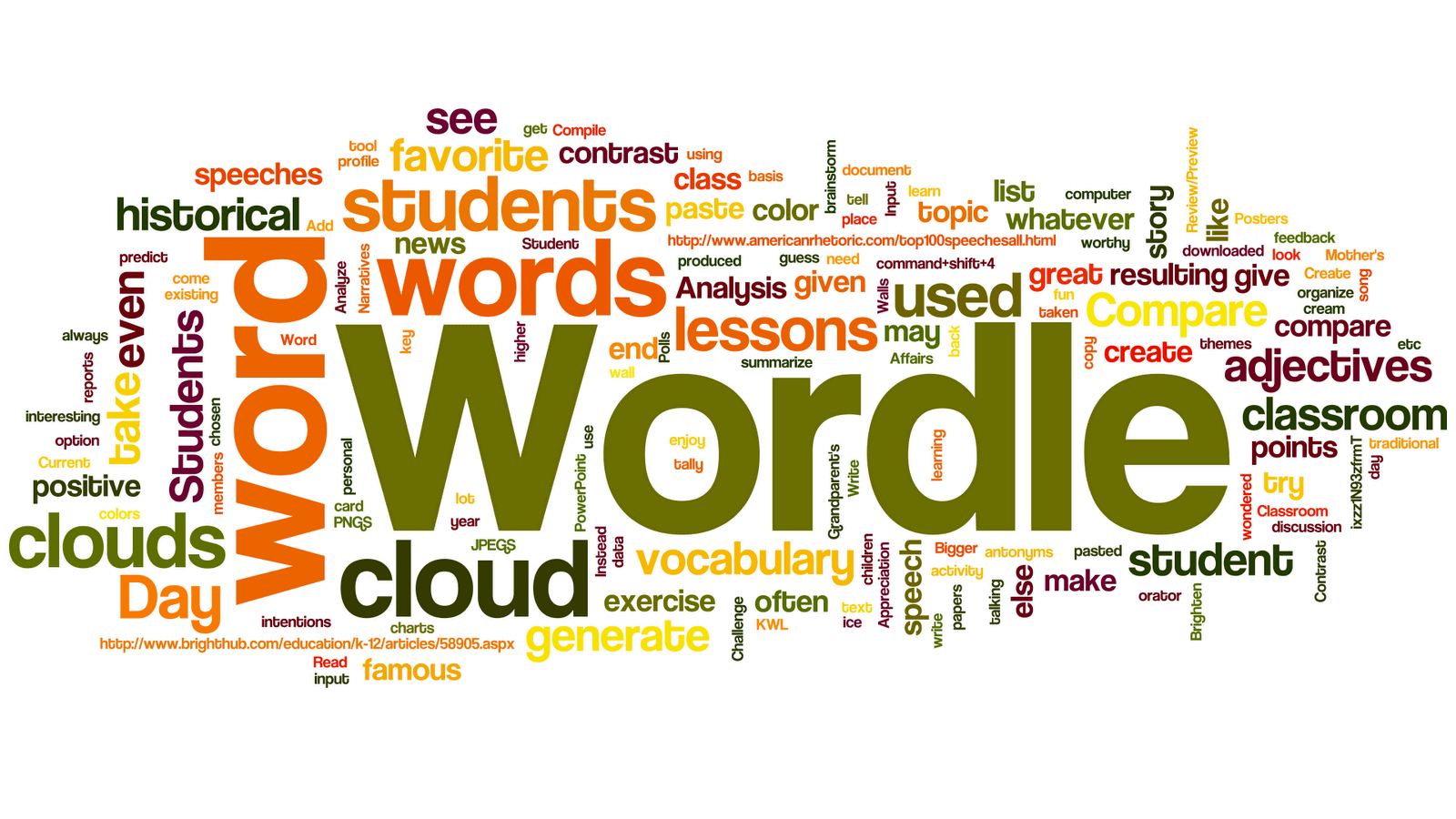Welcome to the exciting world of manufactured home financing! Whether you’re a first-time buyer or someone looking for a more affordable housing option, this blog post is here to guide you through the ins and outs of financing your very own manufactured home.
With their affordability, flexibility, and modern designs, these homes have become an increasingly popular choice for many individuals and families. But before diving into the financing process, let’s first explore the different types of manufactured homes available and weigh in on their pros and cons. So buckle up as we embark on this informative journey together!
The Different Types of Manufactured Homes Financing
Manufactured homes come in a variety of styles and sizes, allowing potential buyers to find the perfect fit for their needs. One popular type is the single-wide home. As the name suggests, these homes have a narrow width and are typically 14 to 18 feet wide. They are an ideal choice for individuals or small families looking for an affordable housing option.
On the other hand, double-wide homes offer more space and versatility. These homes consist of two separate sections that are joined together on-site, creating a wider living area. With spacious bedrooms, larger kitchens, and ample storage space, double-wides provide a comfortable living experience.
If you’re searching for even more room to spread out, triple-wide manufactured homes might be just what you need. These expansive properties feature three distinct sections that can be customized to meet your specific requirements.
For those seeking a more modern aesthetic with open floor plans and contemporary designs, modular homes are worth considering. These factory-built houses can be assembled on-site like traditional stick-built houses but offer faster construction times and cost savings.
No matter which type of manufactured home catches your eye – single-wide or double-wide; triple-wide or modular – there’s sure to be one that suits your lifestyle and budget perfectly! So let’s move on to exploring the pros and cons associated with owning such unique dwellings.
The Pros and Cons of Manufactured Homes
The Pros and Cons of Manufactured Homes
Manufactured homes, also known as mobile homes or trailers, have become increasingly popular in recent years for a variety of reasons. They offer an affordable housing option for many people, especially those on a tight budget or looking to downsize. However, like any type of home, there are both pros and cons to consider before making the decision to buy one.
One advantage of manufactured homes is their affordability. These homes tend to be much cheaper than traditional stick-built houses, allowing individuals with limited funds to become homeowners. Additionally, because they are factory-built in controlled environments, manufacturing costs can be kept low.
Another benefit is the speed at which these homes can be constructed. Unlike traditional houses that may take several months or even years to build, manufactured homes can be completed within a matter of weeks. This quick turnaround time allows homeowners to move in sooner and start enjoying their new space.
Additionally,
manufactured homes often come with modern amenities such as energy-efficient appliances and open floor plans. These features not only make living more comfortable but also contribute positively towards reducing utility bills.
However,
one potential downside is the limited customization options available compared to traditional houses. While some manufacturers offer various layouts and finishes for buyers to choose from, it may still lack the flexibility that comes with building a custom home from scratch.
Moreover,
because manufactured homes are built on steel frames instead of permanent foundations like concrete slabs or basements, they may not hold up as well against extreme weather conditions such as hurricanes or tornadoes. It’s important for prospective buyers in areas prone to severe storms or natural disasters to consider this factor carefully before deciding on a manufactured home.
In conclusion,
manufactured homes offer distinct advantages such as affordability and quicker construction timelines while also having limitations regarding customization options and vulnerability during extreme weather events.
It’s crucial for anyone considering purchasing this type of home financing option makes an informed decision after weighing these pros and cons. By doing so, they can find the right fit for their
How to Finance a Manufactured Home
When it comes to financing a manufactured home, there are several options available to prospective buyers. One option is to secure a traditional mortgage, just like you would for a site-built home. However, it’s important to note that not all lenders offer loans for manufactured homes.
Another option is to obtain financing through the retailer or manufacturer of the home. Many manufacturers have partnerships with financial institutions that specialize in manufactured home loans. These lenders understand the unique aspects of this type of housing and can provide tailored financing solutions.
Additionally, there are government-backed loan programs specifically designed for manufactured homes. For example, the Federal Housing Administration (FHA) offers loans with flexible eligibility requirements and low down payment options.
It’s crucial to carefully research and compare different loan options before making a decision. Consider factors such as interest rates, terms, fees, and repayment schedules.
To improve your chances of securing favorable financing terms, it’s essential to have a good credit score and stable income. Lenders will also consider factors such as the age and condition of the home, as well as its location.
Navigating the world of manufactured home financing requires patience and due diligence. By exploring all available options and working closely with reputable lenders or financial advisors specialized in this area, you can find suitable financing for your dream manufactured home without breaking the bank!
What Are the Steps to Buying a Manufactured Home?
When it comes to buying a manufactured home, there are several steps you need to follow in order to ensure a smooth process. First and foremost, you’ll want to determine your budget and financing options. This will help narrow down your search and give you a better idea of what you can afford.
Next, it’s important to research different manufacturers and models that meet your needs and preferences. Take the time to visit showrooms or model homes so you can get a feel for the layout and quality of construction.
Once you’ve found the perfect home, it’s time to choose a location. Whether you decide on private land or a manufactured housing community, make sure it meets all your requirements in terms of amenities, proximity to schools or work, and any applicable zoning regulations.
Before making an offer on the home, be sure to have it thoroughly inspected by a professional. This will give you peace of mind knowing that everything is in good condition.
Once negotiations are complete and contracts are signed, it’s time for closing. Be prepared with all necessary documents and funds needed for closing costs.
Don’t forget about insurance coverage! It’s crucial to protect your investment by obtaining homeowners insurance specifically tailored for manufactured homes.
By following these steps diligently, you’ll be well on your way to owning the manufactured home of your dreams!
Conclusion
Conclusion:
Financing a manufactured home can be a viable option for those looking for affordable housing. With the different types of manufactured homes available, you have the flexibility to choose one that suits your needs and preferences. Whether it’s a single-wide or double-wide home, there are pros and cons to consider.
Manufactured homes offer affordability and customization options, but they also come with some drawbacks such as depreciation and limited resale value. However, with proper research and due diligence, you can find ways to mitigate these risks.
When it comes to financing your manufactured home, there are various options available including chattel loans, FHA loans, VA loans, conventional mortgages or even personal loans. It’s important to explore these options thoroughly and choose the one that best fits your financial situation.
Remember that buying a manufactured home is not just about securing financing – there are several steps involved in the process. From finding the right location to checking for any restrictions or zoning regulations in your area, thorough planning is essential.
Additionally, conducting inspections before purchase will help ensure that you’re making an informed decision and avoid any potential issues down the line. Working with reputable lenders who specialize in manufactured home financing can also make a significant difference in securing favorable loan terms.
Though there may be challenges along the way when it comes to financing a manufactured home; with careful consideration of all aspects involved – from choosing the right type of home to researching loan options – you can make this dream become a reality! So go ahead; take advantage of this affordable housing option today!
So if you’re considering moving into a manufactured home but aren’t sure how to finance it: now you know what steps need taking! Happy house hunting! Learn more>>>












Leave a Reply